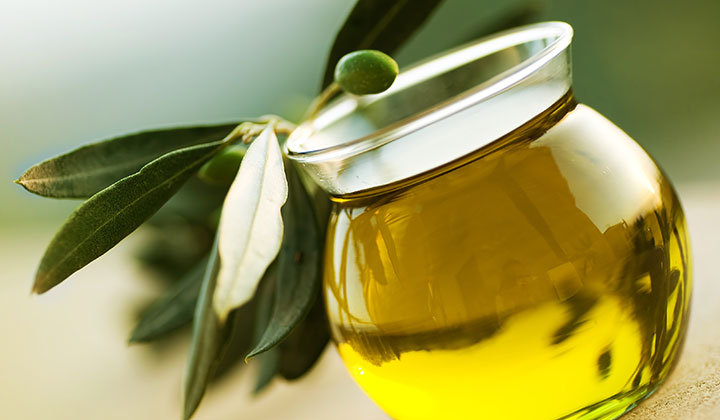
The Organic vs. Non-Organic Olive Oil Debate: What's the Difference?
Posted on
Olive oil is a popular and healthy ingredient used in cooking and dressings. However, there's a growing debate over whether organic or non-organic olive oil is better. In this guide, we'll explore the differences between organic and non-organic olive oil, and their respective benefits and drawbacks.
What is Organic Olive Oil?
Organic olive oil is made from olives that are grown and processed using organic farming practices. This means that the olives are grown without the use of synthetic pesticides, fertilizers, or genetically modified organisms (GMOs). Organic olive oil must also meet certain standards and regulations, such as those set by the USDA or the EU Organic Certification.
What is Non-Organic Olive Oil?
Non-organic olive oil, on the other hand, is made from olives that may be grown using conventional farming practices that involve the use of synthetic pesticides, fertilizers, and GMOs. Non-organic olive oil may also contain trace amounts of these substances, as well as other contaminants such as heavy metals, which can be harmful to human health.
What's the Difference between Organic and Non-Organic Olive Oil?
The main difference between organic and non-organic olive oil lies in the farming practices used to grow the olives. Organic olive oil is made from olives that are grown using natural methods and without the use of harmful chemicals or synthetic substances. This makes organic olive oil a healthier and more environmentally friendly option.
In addition, organic olive oil may have a better taste and aroma than non-organic olive oil, as it is made from olives that are allowed to ripen naturally and without the use of chemical fertilizers. Organic olive oil is also less likely to contain harmful contaminants, such as heavy metals or synthetic substances, which can be present in non-organic olive oil.
What are the Benefits of Organic Olive Oil?
Organic olive oil has several benefits over non-organic olive oil. Firstly, organic olive oil is healthier and more natural, as it is made from olives that are grown without synthetic pesticides and fertilizers. This makes organic olive oil a safer and healthier option for both human consumption and the environment.
Secondly, organic olive oil is more sustainable and environmentally friendly, as it supports natural farming practices that promote biodiversity and soil health. Organic farming also reduces the carbon footprint and promotes the use of renewable resources.
Finally, organic olive oil has a better taste and aroma than non-organic olive oil, as it is made from olives that are allowed to ripen naturally and without the use of chemical fertilizers. This makes organic olive oil a premium product that is prized by food enthusiasts and chefs alike.
In summary, the choice between organic and non-organic olive oil depends on personal preferences and values. While both types of olive oil have their respective benefits and drawbacks, organic olive oil is generally considered to be a healthier, more sustainable, and better-tasting option. So, the next time you reach for a bottle of olive oil, consider choosing PURA olea organic extra virgin olive oil and enjoy the many benefits it has to offer.

Leave a comment: